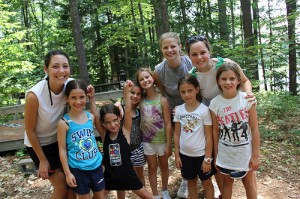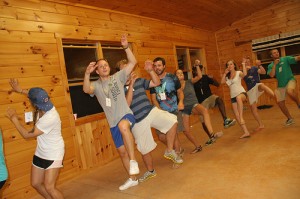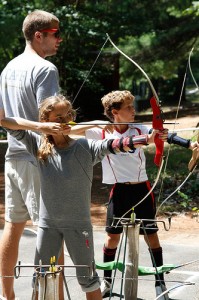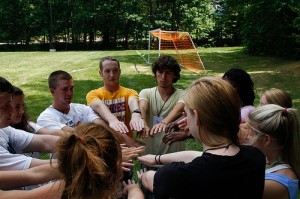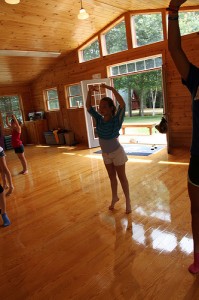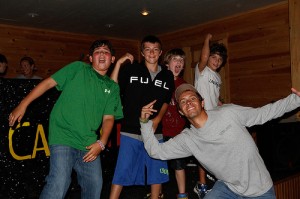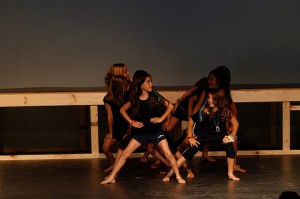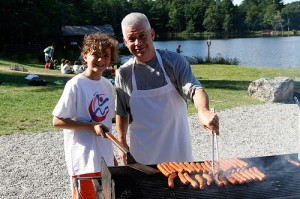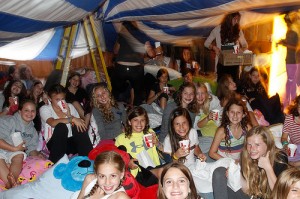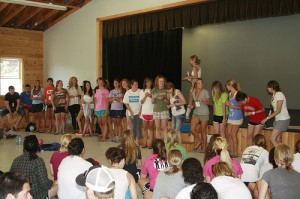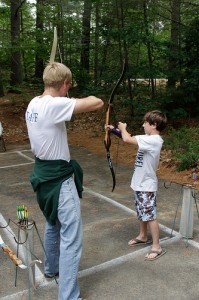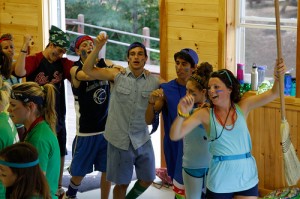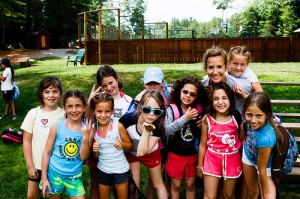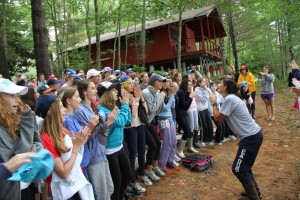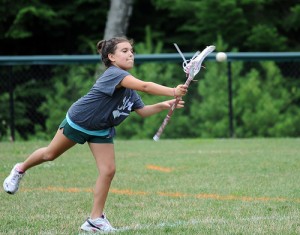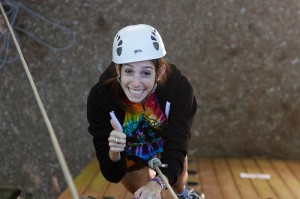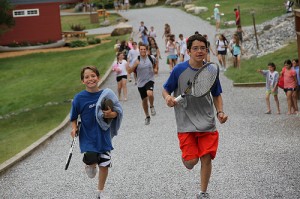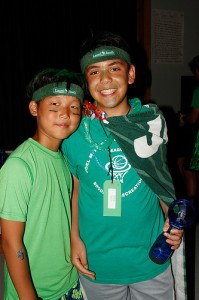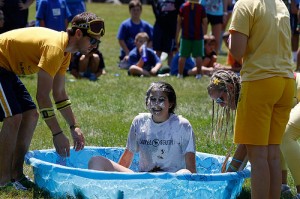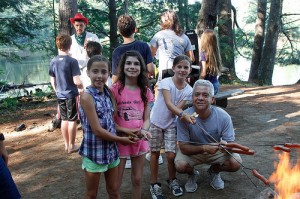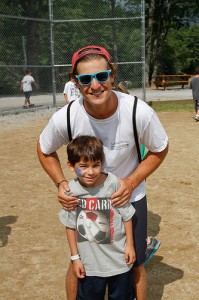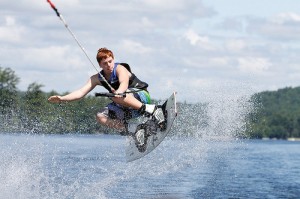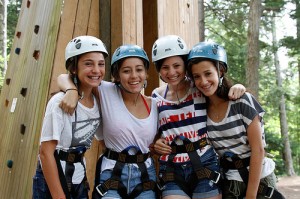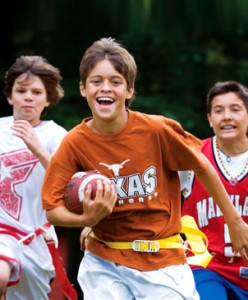 Starting about now and over the next couple of months, it seems that advertisements for summer camp fairs are everywhere you look. Though many families begin researching summer camp in late fall or early winter (or some early as early as the summer before), as soon as the snow starts to melt, they realize how close summer really is and that it’s time to make a decision. Camp fairs are one way to visit with many camp representatives or directors in one area. However, schedule conflicts or distance sometimes make attending camp fairs impossible. That’s why some camps will come to you! Home visits are typically as simple as expressing interest in a camp and requesting a home visit. The camp will work with you to arrange a time for a camp representative, usually a director, to come to your home when he or she is in your area, talk to you about the camp, and address any questions or concerns you may have about the camp specifically or just about camp in general. Afterward, together you can decide with the director or representative whether your child would be a good fit for the camp. Camp directors enjoy home visits because it’s a great way for them to get to know prospective campers and their families in an environment in which they are comfortable.
Starting about now and over the next couple of months, it seems that advertisements for summer camp fairs are everywhere you look. Though many families begin researching summer camp in late fall or early winter (or some early as early as the summer before), as soon as the snow starts to melt, they realize how close summer really is and that it’s time to make a decision. Camp fairs are one way to visit with many camp representatives or directors in one area. However, schedule conflicts or distance sometimes make attending camp fairs impossible. That’s why some camps will come to you! Home visits are typically as simple as expressing interest in a camp and requesting a home visit. The camp will work with you to arrange a time for a camp representative, usually a director, to come to your home when he or she is in your area, talk to you about the camp, and address any questions or concerns you may have about the camp specifically or just about camp in general. Afterward, together you can decide with the director or representative whether your child would be a good fit for the camp. Camp directors enjoy home visits because it’s a great way for them to get to know prospective campers and their families in an environment in which they are comfortable.
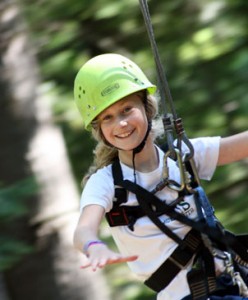 Because the individual who comes to your house is typically a director, home visits are not only an ideal alternative to camp fairs but they are also a great way to get know the individual at the helm. For international families or those who live outside of areas in which camps offer home visits, Skype visits are a terrific alternative. A Skype visit is the same basic concept as a home visit, except instead of an in person face to face chat, a visit is conducted via Skype. If you’re interested in a home visit, please contact those camps in which you’re interested to find out when a representative will be in your area. Because it’s the perfect chance to learn about the camp in a relaxed environment, it’s a good idea to do some homework before your home visit and know which questions you’d like to ask. Other than that, however, after you’ve arranged your home or Skype visit, there’s nothing further for you to do except for the doorbell to ring or the call to come through. It really is as convenient as that!
Because the individual who comes to your house is typically a director, home visits are not only an ideal alternative to camp fairs but they are also a great way to get know the individual at the helm. For international families or those who live outside of areas in which camps offer home visits, Skype visits are a terrific alternative. A Skype visit is the same basic concept as a home visit, except instead of an in person face to face chat, a visit is conducted via Skype. If you’re interested in a home visit, please contact those camps in which you’re interested to find out when a representative will be in your area. Because it’s the perfect chance to learn about the camp in a relaxed environment, it’s a good idea to do some homework before your home visit and know which questions you’d like to ask. Other than that, however, after you’ve arranged your home or Skype visit, there’s nothing further for you to do except for the doorbell to ring or the call to come through. It really is as convenient as that!


